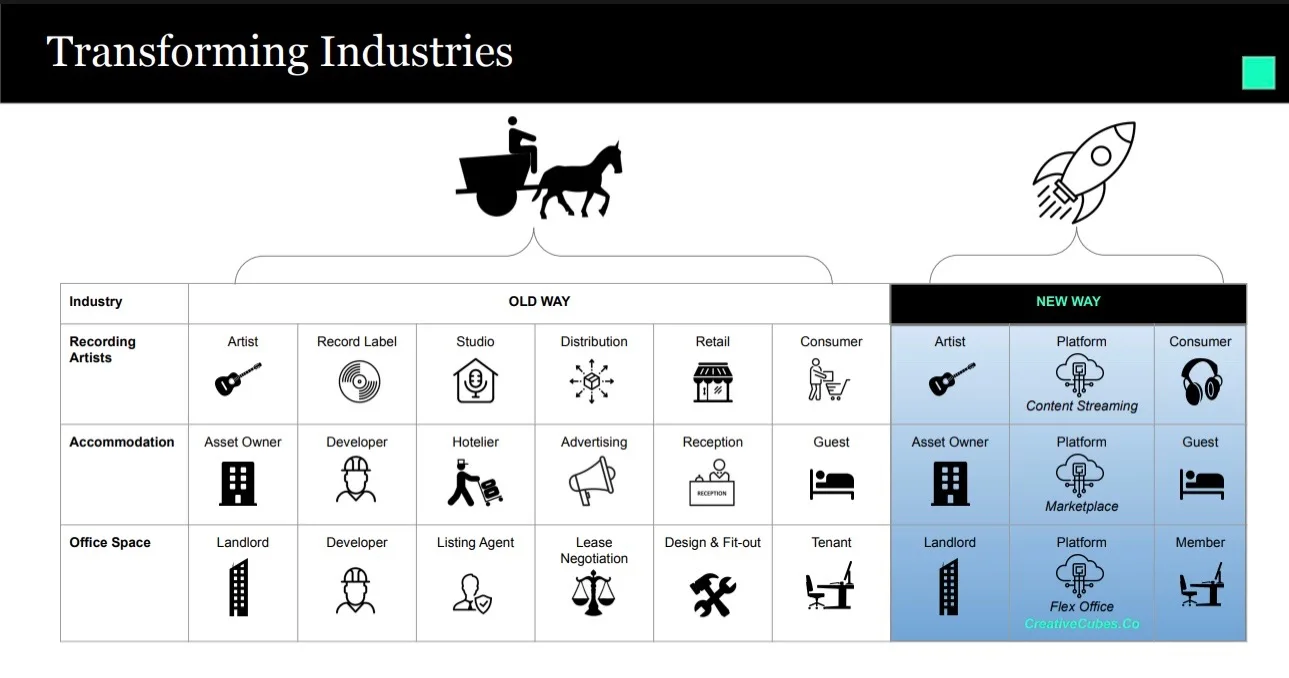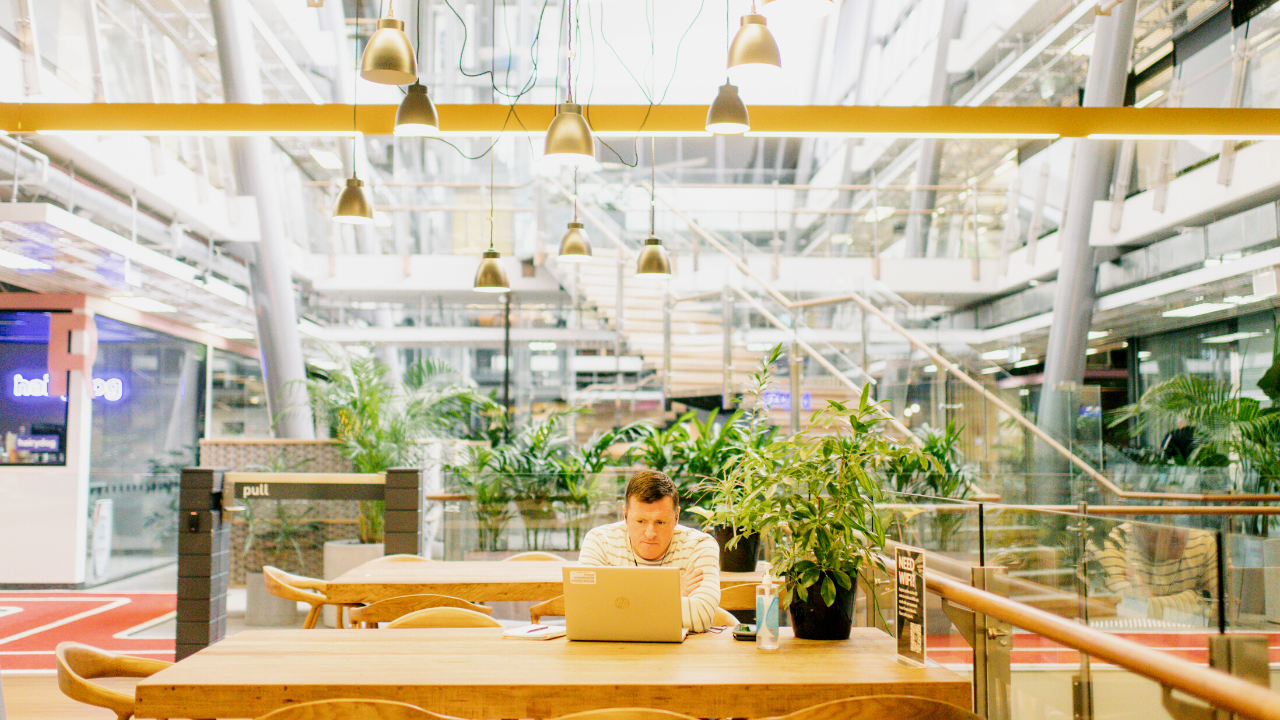Embracing the Hospitality Aspect of Flex Office / Coworking Spaces
In the landscape of modern work culture, the traditional concept of offices is evolving. The paradigm shift toward flexible and coworking spaces is not merely a real estate strategy but a significant transformation in how work environments are perceived and utilised. The synergy between landlords and flex operators is crucial, akin to the relationship between hotel operators and hospitality services, to create spaces that cater to the evolving needs of companies and their workforce.
Flex office and coworking spaces are not merely about subletting office space for profit. They’re more akin to the hospitality industry, laid over commercial real estate assets. These spaces cater to the fluctuating demands of professionals who seek office accommodations for varying durations—ranging from hours to days, weeks, or even longer durations.
Companies engage with flex operators not just to streamline business operations but also to cultivate environments that foster collaboration, networking, learning, and growth. Some individuals desire a professional setting to meet clients while working from home. It’s about providing not just space but an experience, an ecosystem that complements the evolving nature of work and productivity.
Landlords are starting to recognise that a portion of their assets needs to be dedicated to flex spaces to attract and retain larger companies to their precincts. This isn’t solely about maximising square metres for profit but also about meeting the changing needs of tenants. Those who understand and adapt to this trend are better positioned to thrive in a shifting market and will be set up for the next couple of decades.
Statistics affirm the surging demand for flexible workspaces. According to industry reports, the demand for flex spaces has been on a steep rise, with an increasing number of companies opting for flexible office accommodations. This demand is paralleled by a decline in traditional office rentals, marking a clear shift in the preferences of businesses regarding workspace solutions.
Today here in Australia flex office makes up ~3% of the market segment however over the next decade that’ll rise to 30% as more and more opt out or don’t renew their traditional lease. The key differentiation lies not only in the physical space offered but in the experience provided. Companies and their employees seek more than a desk and a chair—they yearn for a vibrant community, amenities, and an environment that fosters productivity and creativity. It’s about a place where work feels less like a chore and more like a fulfilling part of life.
In my discussions with various operators and members of Flexible Workspaces Australia, it’s evident that many of them perceive themselves primarily as hospitality businesses. They understand that the success of flex spaces is about delivering an experience that caters to the dynamic needs of the modern workforce.
The failure of some coworking spaces that solely focused on rent arbitrage serves as a cautionary tale. They overlooked the importance of providing a holistic experience, resulting in their eventual downfall. To thrive in this evolving landscape, it’s essential for landlords and flex operators to collaborate, blending the physical space with the essence of hospitality, thereby creating an environment where work thrives.

For landlords that perceive this as an easy business to run, I ask you to consider if you’d run your own hotel, wellness centre, cafe, events space businesses and if the answer is yes, would you be able to do all of these at the same time under one roof and at scale across multiple locations and states?
While i’m being a little cheeky here my articulation is that its complex and challenging to do one let alone all simultaneously whilst meeting the demands of the evolving market and customer nuances – your best hand here is to shake that of an operator and work together in the best interest of the precinct and the end user. In these cases, 1+1 is greater than 3 and more like 10!
The convergence of real estate and hospitality is the future of workspaces. Landlords and flex operators working in tandem, akin to the relationship between hoteliers and service providers, will not only redefine the real estate industry but also pave the way for a more fulfilling work experience—one that goes beyond just the four walls of an office. It’s a future where workspaces are not just a place to work but a community that fosters growth, innovation, and success.
Like always, my team and I welcome the opportunity to connect and collaborate with you




